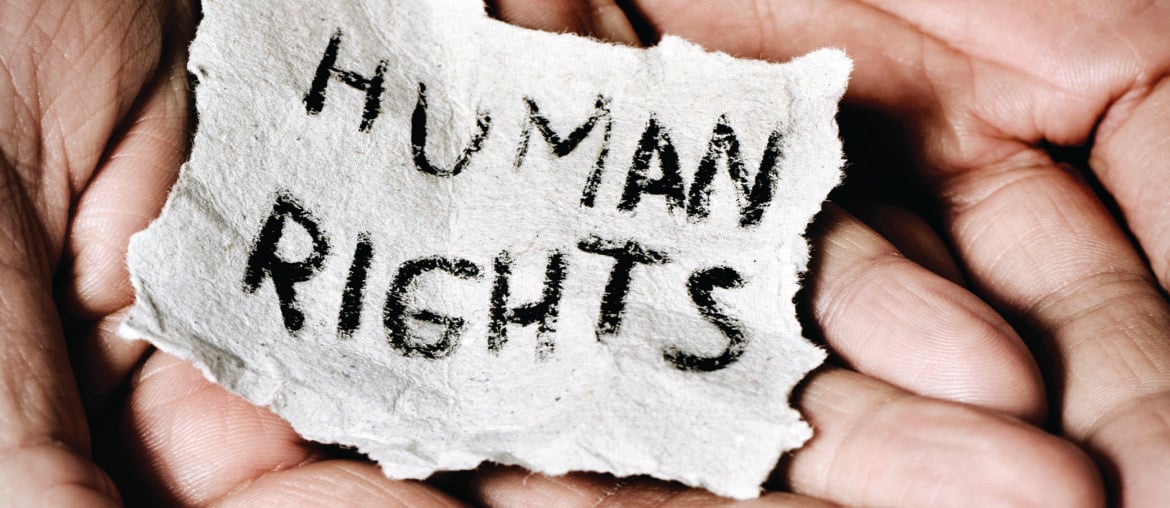On July 25, 2024 the Corporate Sustainability Due Diligence Directive (CSDDD) came into force. Generally, the directive imposes new due diligence obligations on large companies operating in the EU. The legislator requires them to identify, prevent, mitigate, and remediate human rights violations and environmental impacts throughout their entire “chain of actions”. The member states shall transpose the CSDDD into national law by July 26, 2026. As businesses are trying to navigate through this evolving regulatory…
The EU economy is linked to millions of workers worldwide through global supply chains. This imposes both a responsibility and an opportunity for EU companies to positively impact workers’ rights and environmental standards. In early 2023, Germany took a step towards responsible supply chains with the new Act on Supply Chain Due Diligence (Lieferkettensorgfaltspflichtengesetz “), as covered in our earlier post. Tomorrow, (Friday, 9 February 2024) the EU Member States will vote in the COREPER…
Why it is important for companies to actively prepare the implementation of the German Supply Chain Due Diligence Act. Global supply chains are increasingly under pressure: Not only did recent geopolitical events, the Covid pandemic and natural disasters disrupt supply chains globally. There are also more and more legislative requirements for supply chain management. We can see a trend in the legislative approach shifting from voluntary measures and self-commitments to mandatory regulations. After the introduction…
The Annual Compliance Conference begins next week and attracts over 6,000 in-house senior legal and compliance professionals from across the world. This leading compliance conference will be held across five weeks from 6 September – 6 October 2022 We will be virtually delivering our cutting-edge insights and guidance on key global compliance, investigations and ethics issues. Our global experts will provide practical insights and analysis on significant developments:• anti-bribery• corruption and economic crime• customs and FTAs• ESG, supply chain…
On 23 February 2022, the EU Commission published its proposal for a directive on corporate sustainability due diligence obligations, which aims to foster sustainable and responsible corporate behaviour throughout global value chains. Scope The new due diligence rules will apply to: all EU limited liability companies with 500+ employees and EUR 150 million+ in net turnover worldwide (“Group 1”); and other limited liability companies operating in defined high impact sectors (e.g. the textile, mining and…
Governments around the world continue to signal that companies should prepare for a future where responsible sourcing programs that include supply chain human rights due diligence become a legal obligation. On February 20, 2020, the European Commission published a report titled “Study on due diligence requirements through the supply chain” (“the EC Study”) which examined the need for a EU-level regulation of corporate due diligence obligations aimed at identifying, preventing, mitigating and accounting for human…
In response to the growing impact of the COVID-19 Coronavirus in Europe, a number of countries have implemented national controls to restrict the export of medicines and medical equipment, such as face masks, gloves, and protective clothing. Over the weekend, the EU Commission reviewed actions taken by Member States and, while it has discouraged Member States from adopting measures which would limit intra-EU trade, it has introduced a temporary export ban on exports of certain…
Introducing the Liechtenstein Initiative’s “Blueprint for Mobilizing Finance Against Slavery and Trafficking” Two centuries ago, Financial Services Actors (FSAs) have played a crucial role in both enabling and ending slavery. Transatlantic slave trade could not have existed without the support of the financial sector, as it was very capital- and credit-intensive. FSAs had developed many instruments such as securitized slave-backed mortgages, from which they made a lot of money. However, the sector’s role changed drastically…






